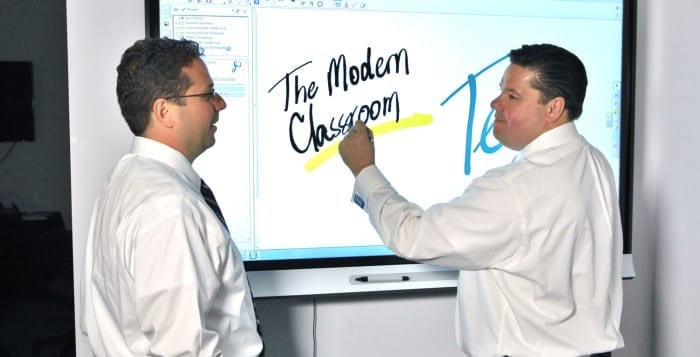We’ve all “had to go” at one point or another when the timing or location weren’t ideal. Maybe we were defending our dissertation, facing a pitcher in a big game, getting instructions about our first assignment at a new job, or sitting in the window seat of an airplane with two sleeping passengers between us and an aisle already crowded with people waiting to use the restroom.
A friend recently shared a “have to go” story that continues to give a chuckle to my kids, who suddenly tuned in because they sensed a real-life bathroom joke coming.
So, there he was, hiking with a group of his buddies. He was on a 6-mile trail when he noticed the familiar, unsettling rumbling in his stomach. Ignore it, he figured, because, as we all know, that always works so well. Well, no, not at all, actually.
Less than a mile later, the extreme effort to avoid soiling himself kept him from taking another step along the trail. He asked if anyone had toilet paper. Nope, they assured him, no luck. This was one of the many disadvantages of hiking with a group of men.
Once separated from the apparent toilet-paperless pack, my first thought would have been to avoid poison ivy and bears — or bears covered in poison ivy. However, he didn’t have the luxury of time for those kinds of concerns. As soon as he got his shorts down around his hiking boots, he had an instant explosion. Fortunately, he wasn’t trekking in the winter and there wasn’t loose snow overhead.
Disgusted by the stench from the first toxic release, he crab walked his way as far as he could to start round two. And so it went, for five rounds, until he left a connect-the-dots, “Hansel and Gretel” trail in the woods. When the contents of his digestive system were finally out, he faced the toilet paper dilemma.
He looked at the evergreen pine needles around him. Nature didn’t offer a solution.
He considered his underwear. He decided to rip it off and “go commando” the rest of the hike. Despite his best efforts, the underwear wouldn’t rip; it would only stretch, rendering it useless on two levels.
Taking off his shirt would work, but he was surrounded by mosquitoes. The only other option, he realized, was his hat. Fortunately, he said, the hat wasn’t as abrasive and uncomfortable as he imagined.
We’ve all been there. OK, well, we haven’t all exactly been on a trail without any toilet paper after our stomachs erupted. But we’ve all been in a situation where we’ve absolutely had to go at the wrong place, wrong time, or both.
In “Two Weeks Notice,” Sandra Bullock as Lucy Kelson is stuck on a stopped highway with her boss, millionaire George Wade played by Hugh Grant. Recognizing the urgency, Grant brings Bullock to a nearby camper and agrees to give the owners $1,000 to let her use the bathroom.
Until I figured out that I was lactose intolerant, I had numerous memorable urgent trips to the nearest restroom, including once in the middle of a baseball game and once in Philadelphia after my very first — and last — cheese steak.
The only upside to these agonizing moments — and it’s a small consolation — is that they can make for amusing and relatable anecdotes.
Oh, and to top off my friend’s hiking story, if you will, when he returned from the woods without his hat, one of his buddies realized his mistake. As it turned out, he did have a handful of tissues.









